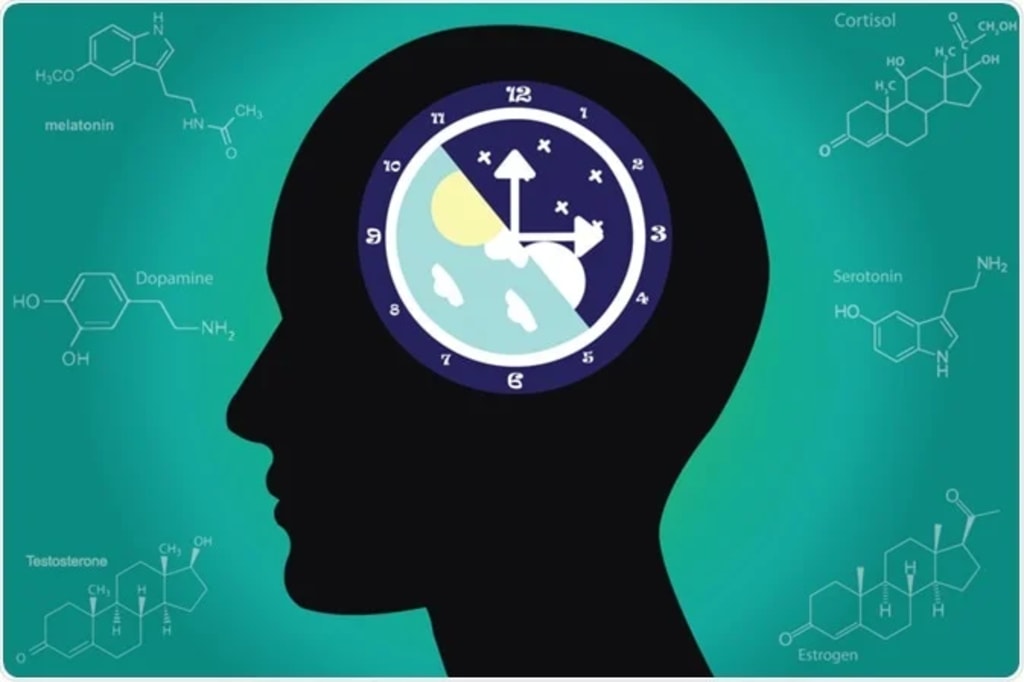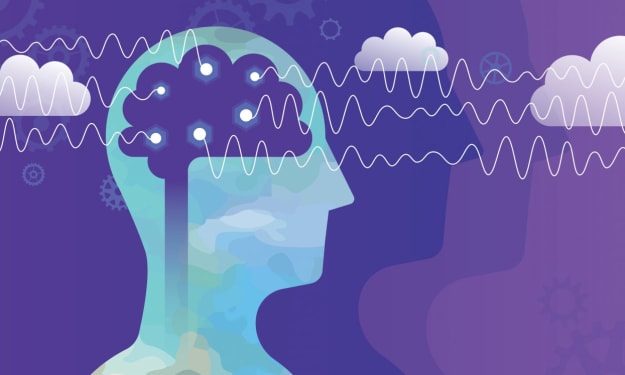The Link Between Sleep and Mental Well-being: Exploring the Connection
Health science

Sleep and mental well-being are closely intertwined aspects of human health. Adequate, restful sleep is essential for maintaining optimal mental functioning and emotional balance. Conversely, poor sleep or sleep disorders can significantly impact our mental well-being, leading to increased vulnerability to mental health disorders. In this article, we will delve into the connection between sleep and mental well-being, exploring how sleep influences our emotional state, cognitive abilities, and overall mental health. By understanding this vital link, we can appreciate the importance of prioritizing healthy sleep habits for nurturing our mental well-being.
Sleep and Emotional Regulation
Sleep plays a vital role in regulating emotions. During deep sleep, the brain processes and consolidates emotional experiences from the day, facilitating the integration of emotional memories. Sufficient sleep enhances emotional resilience, helping individuals manage and cope with stress, anxiety, and negative emotions more effectively. In contrast, sleep deprivation can lead to heightened emotional reactivity, impaired emotional regulation, and an increased risk of developing mood disorders such as depression and anxiety.
Cognitive Functioning and Sleep
Quality sleep is crucial for optimal cognitive functioning. It supports various cognitive processes such as attention, memory consolidation, problem-solving, and decision-making. Sleep deprivation or insufficient sleep can impair these cognitive functions, leading to decreased concentration, reduced cognitive flexibility, and difficulties with memory retrieval. Furthermore, sleep plays a role in creativity, as it allows the brain to make novel connections and process information in unique ways. By prioritizing adequate sleep, individuals can enhance their cognitive abilities and optimize their mental performance.
Sleep Disorders and Mental Health
Sleep disorders and mental health disorders often go hand in hand. Conditions such as insomnia, sleep apnea, restless legs syndrome, and narcolepsy can significantly impact mental well-being. Sleep disorders can contribute to the development or exacerbation of mental health disorders, including depression, anxiety, bipolar disorder, and schizophrenia. Additionally, the relationship between sleep and mental health is bidirectional, as mental health conditions can disrupt sleep patterns and lead to sleep disturbances. Addressing sleep disorders is crucial for managing and improving mental health outcomes.
The Role of Dreams in Mental Well-being
Dreaming is an integral part of the sleep experience and can have implications for mental well-being. Dreams provide a unique window into our subconscious mind, allowing us to process emotions, memories, and unresolved conflicts. They can serve as a mechanism for emotional regulation and problem-solving. Nightmares, on the other hand, can be distressing and impact mental health. By exploring and understanding the content and patterns of our dreams, we can gain insights into our emotional state and work towards better mental well-being.
Strategies for Promoting Healthy Sleep and Mental Well-being
To enhance mental well-being through sleep, it is essential to prioritize healthy sleep habits. Establishing a consistent sleep routine, creating a sleep-friendly environment, and practicing relaxation techniques before bed can promote restful sleep. Managing stress, incorporating regular exercise, and avoiding stimulants such as caffeine and electronic devices close to bedtime can also contribute to better sleep and improved mental well-being. Seeking professional help for sleep disorders or underlying mental health conditions is crucial for comprehensive care.
Conclusion
The connection between sleep and mental well-being is profound. By understanding how sleep influences our emotional regulation, cognitive abilities, and mental health, we can appreciate the importance of prioritizing healthy sleep habits. Nurturing our sleep can significantly contribute to maintaining and enhancing our mental well-being, fostering resilience, and supporting overall psychological health.





Comments
Uncle Vince is not accepting comments at the moment
Want to show your support? Send them a one-off tip.